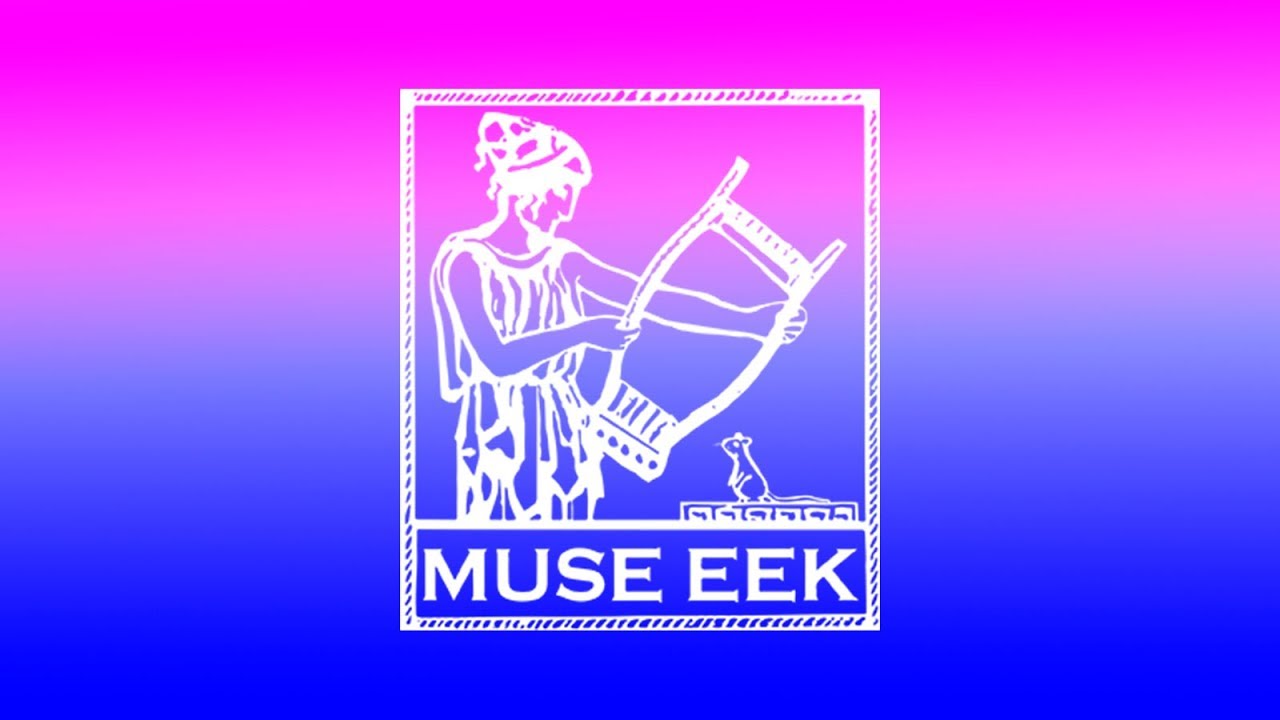
Essential Scales: Twenty Two Indispensable Contemporary Modes for all Instrumentalists by Bruce Arnold
Learning the essential scales is key to your success as a musician. Watch this video to learn more.
Essential Scales: Twenty Two Indispensable Contemporary Modes.
When you start to think about which essential scales to learn ask yourself these questions:
- What techniques do professional musicians use to play scales at super-fast tempos?
- What is the best way to learn scales?
- What are the important scales to know?
- How do chords and scales interact?
- How does my ear influence my scale choice?
- What chords can be derived from a scale?
Please Note: We recommend that all guitarist work with the Guitar Technique and Physiology Course so that you learn with proper scale technique. This course gives you a comprehensive approach to playing guitar and includes a videos on all aspects of guitar technique.
All of these question are answered in Essential Scales: Twenty Two Indispensable Contemporary Modes for all Instrumentalists
Essential Scales: Twenty Two Indispensable Contemporary Modes for all Instrumentalistsis an in-depth study of the scales you must know to be ready for any musical situation. For all instrumentalists (with a special section showing guitar fingering) this book covers the 22 most commonly used scales in contemporary improvisation, which include:
- Modes of Major.
- Modes of Melodic Minor Ascending.
- Diminished.
- Symmetrical Diminished.
- Whole Tone.
- Blues.
- Major and Minor Pentatonic.
Essential Scales goes the extra mile
Most books stop with these previously mentioned scales but Essential Scales: Twenty Two Indispensable Contemporary Modes for all Instrumentalists goes the extra mile with a close-up look at that “secret sauce” the professionals use to gain their Master Musician ability.
You too can gain this knowledge which includes:
- Chord/scale relationships are explored in depth including how your “ear” will influence your scale choices.
- The 3 and 4 note chords generated from each scale used in composing, developing modal chording patterns and exploring new chord voicings; Guitarists, pianists, and composers will find this specifically useful.
- Only this book demystifies the process professional musicians use to achieve master musician facility and knowledge of scales, using 2 and 3 note modal sequencing.
- The secret to shred level speed which is revealed with the “Long Line Rhythm” concept. This will take your playing to warp speed.
Whether you are a total beginner or an advanced musician this book will open the world of scales to you in a way that no other book can.
- Additional Information:
-
- Digital IBSN: 978-1-59489-708-5
- 237 pages
- What people are saying:
-
-
Essential Scales: Twenty Two Indispensable Contemporary Modes for all Instrumentalistsdeserves to be up there with Schillinger. It takes the study of scales to whole new level, and contains things that I’ve never seen anywhere else. The 3 and 4 note chords section for each scale is brilliant. I’ve been using this for composing and it’s really opening up new doors for me. F. Owen
-
….Arnold’s inclusion of how you hear these scales in musical situations is very revealing, making a strong case that if you can’t hear these scales in relationship to chord progressions you are kidding yourself that you have scales together. The 2 and 3 note sequencing patterns are really a great way to get that scale knowledge together, by the way. Based on the strength of this impressive compendium I also purchased Ear Training One Note Completee and Contextual Ear Training. S. Handel
-
I saw this book and thought “Yeah another scale book –YAWN.” I had emailed Bruce about ear training and he recommended I get this book along with some of his direct application ear training CDs and improvise over the tracks on the CD with some of the scales from the book. NO YAWNS! This really turned my head –and my ear– around. I realized I was THINKING about music a lot more than I was USING MY EAR to tell me what to do. Do yourself a favor get in touch with Bruce and do a study of scales and ear training with him. You’ll see a complete transformation in the way you think about music. D. Nordlinger.
-
I play bass and guitar so this book really helped me in a bunch of ways. It obviously helped me understand bass lines and how to re-harmonize chord progressions to get a hipper sound but I also spent a lot of time just improvising over the audio tracks. It’s like having an in-house bass player to jam with everyday. Highly recommended …. B. Ryan
-
Get Started today with Essential Scales and have a whole new experience learning scales!
Status: In stock, Digital book is available for immediate access.
- Recommended books to use with Essential Scales
- What should I work on after Essential Scales?


